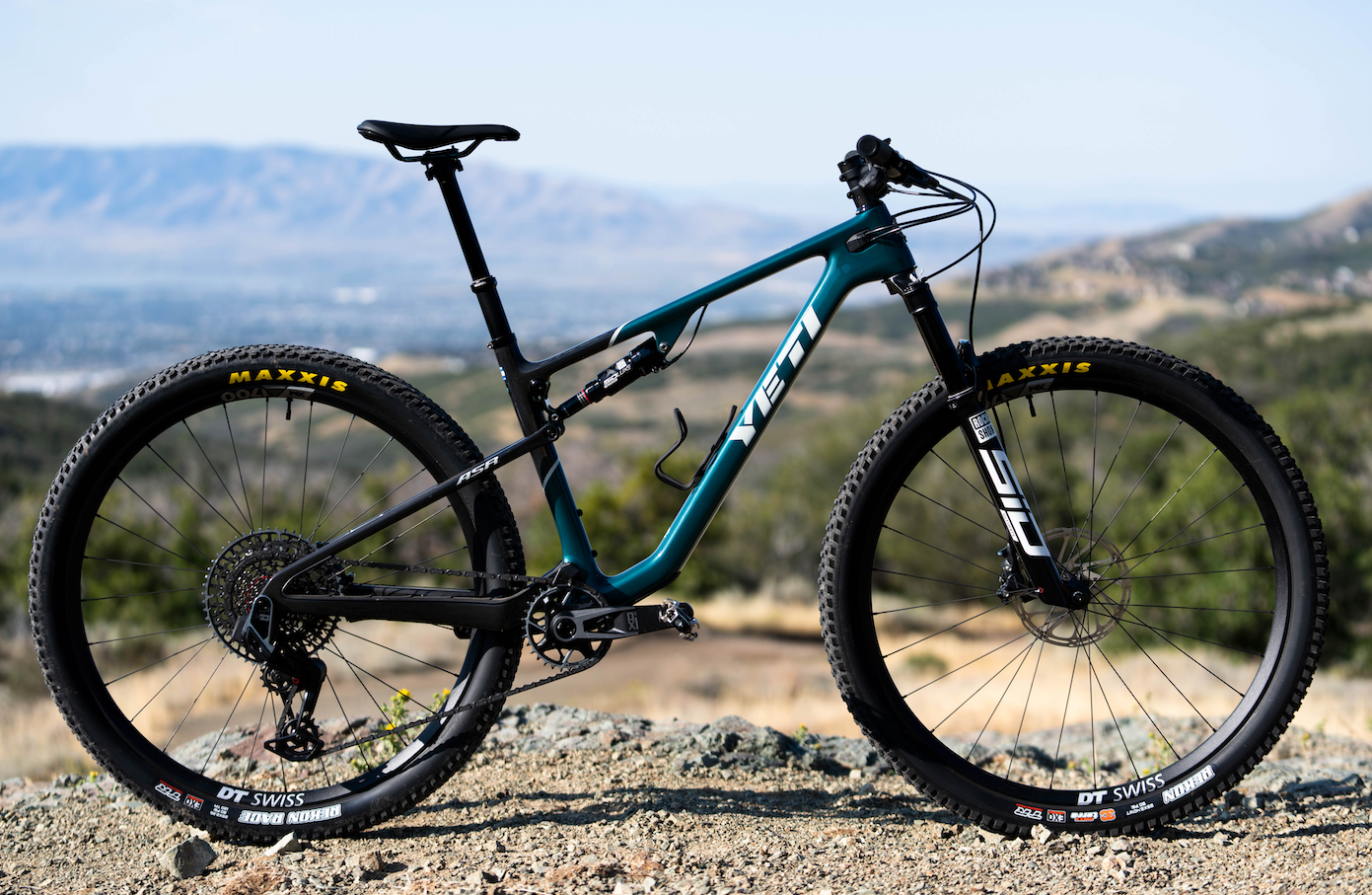SAVE 20% ON ORDERS OVER $45 WITH CODE ‘RACE20’
Olympic Cycling Recap: What is happening in Tokyo?
July 30, 2021
Despite the unconventional year of racing, the Tokyo Olympics has delivered some thrilling and more than controversial cycling moments. Questionable and technical courses, turbulent conditions, and a strong field of diverse riders have made for quite the spectacle. As a result, let's recap some of the highlights lessons learned thus far, for good or bad.
Questionable course management
Nobody expects the chair pulled out from underneath them, ask Mathieu van der Poel, who experienced a painful surprise crashing out of the men's mountain bike race. Leading the group through a rock section on lap 1 of the race, Van der Poel went over the bars while attempting to roll over a Sakura rock drop which previously featured a wooden ramp, removed just before the event started.

This gruesome plunge forced Van der Poel to withdraw, ending his dreams of an Olympic MTB medal. What is yet to be understood is why the wooden ramp was removed and then replaced for the women's race. Last-minute course changes, especially unexpected, are unadvisable. Lesson learned, hopefully.
“His fate is sealed” - All bets are off in the Olympics
The Olympic games have a long history of shuffling cards in the deck. There's no safe bet on a winner in a field with unpredictable newcomers and seasoned veterans. Take the Spaniard David Valero Serrano, who won his last medal at the 2017 world cup. This year, the underdog came from behind, passing three-time Olympic medallist Nino Schurte for a 2021 bronze medal. Similarly, at the last Olympics, his countryman Carlos Coloma Nicolás achieved a similar feat to capture the bronze medal for Spain in 2016. Altogether, Spain has an impressive four Olympic medals in mountain biking, making them the third-most winning nation in the Olympics behind powerhouse riders from Switzerland and France.
Blame games: Jolanda Neff & Pauline Ferrand criticize each other over strategic moves
Whether generally in life, at the workplace, or during an Olympic bike race, playing the blame game is never a good look. It’s always easy to point the finger and play the victim when less than ideal circumstances happen to come your way.
This year, Olympic women's mountain biking athletes Jolanda Neff and Pauline Ferrand-Prevot had a battle and beef of their own. Early on, these two riders approached the very same wooden ramp replaced after the Mathieu van der Poels crash. Ferrand-Prevot suddenly slowed, rolling down the ramp, forcing Neff to drop off the side of the rock at a dangerously low speed and angle. While some, including Neff, believed the maneuver to be inappropriate and dangerous, others believed it to be a normal part of the event and nature of racing.
Post-race, Neff when on to comment,
“She was in front of me and we were going at a good decent speed and then she pulled her brakes super hard and I couldn’t do anything. I couldn’t brake and I ended up jumping with no speed at all. I was super lucky that I didn’t crash. It was such a stupid move of hers because it’s really dangerous for the people behind."
Not even 30 seconds later, Ferrand Prevot had a scare of her own as Neff blew by her on left, climbing the uphill rock garden. Ferrand tumbled into the race tape and lost 30 seconds trying to get back on her bike and in the race, eventually finishing 10th. Ferrand-Prevot countered the post-race saying,

“We were going at the same speed and we arrived at the same time, I said to myself, ‘If she doesn't brake or if I don't brake, we'll hit each other,’ so I braked. There were rocks, it was slippery, and I slid off.”
While Olympic cycling is a cutthroat and competitive sport, it's difficult to discern a rider's intention in the heat of the moment or during a takeover maneuver. Whether intentionally malicious or not, trusting the process and owning your abilities is best, rather than worrying about other riders or athletes.
Perfect preparation is impossible: it takes heart to win, ask Pidcock
It is difficult to know exactly what was going through Tom Pidcock's head as he proudly crossed the finish line taking home the Men's cross-country·Mountain biking gold medal in Tokyo. The British rider showed no signs of slowing down after colliding with a motor vehicle, breaking his collarbone, and receiving surgery just weeks before the start of the Olympics. This well-deserved victory was no easy feat as the British rider battled through intense heat and humidity. This race was Pidcock's first full race since his surgery. Understandably, he didn't believe he was in his best form.
He told the BBC, "In the back of my head I thought, 'I'm going to get to the Olympics, I'm not going to be in my best shape, we're just going to see how it is. Last week I knew I was in really good shape but there was always doubt in the back of my head because I haven't competed at my best level so I've got nothing to compare but once the race is going it becomes routine really."
This goes to show that confidently trusting your training, mental strength, and physical endurance goes more than a long way towards achieving your goals. It’s impossible to be 100% prepared, so battling through whatever ailments you have with a positive attitude is often the only way forward.
Also in Journal

Hot Wax vs. Chain Lube
March 13, 2025
If there's one thing every cyclist obsesses over (besides leg hair and donuts), it's drivetrain efficiency and making your bike silent. A clean, smooth-running chain can make or break your ride, and the battle between hot waxing and traditional chain lube is hotter than a mid-July crit race. As someone who has spent too much time in the garage tinkering with my drivetrain, I've tested both methods for years and wanted to share my findings.

Yeti ASR Review: The New Standard for XC Bikes?
September 12, 2024

2 Flaanimals - 2 Staff Builds | Rodeo Labs Flaanimal 5.0 Breakdown
June 20, 2024



